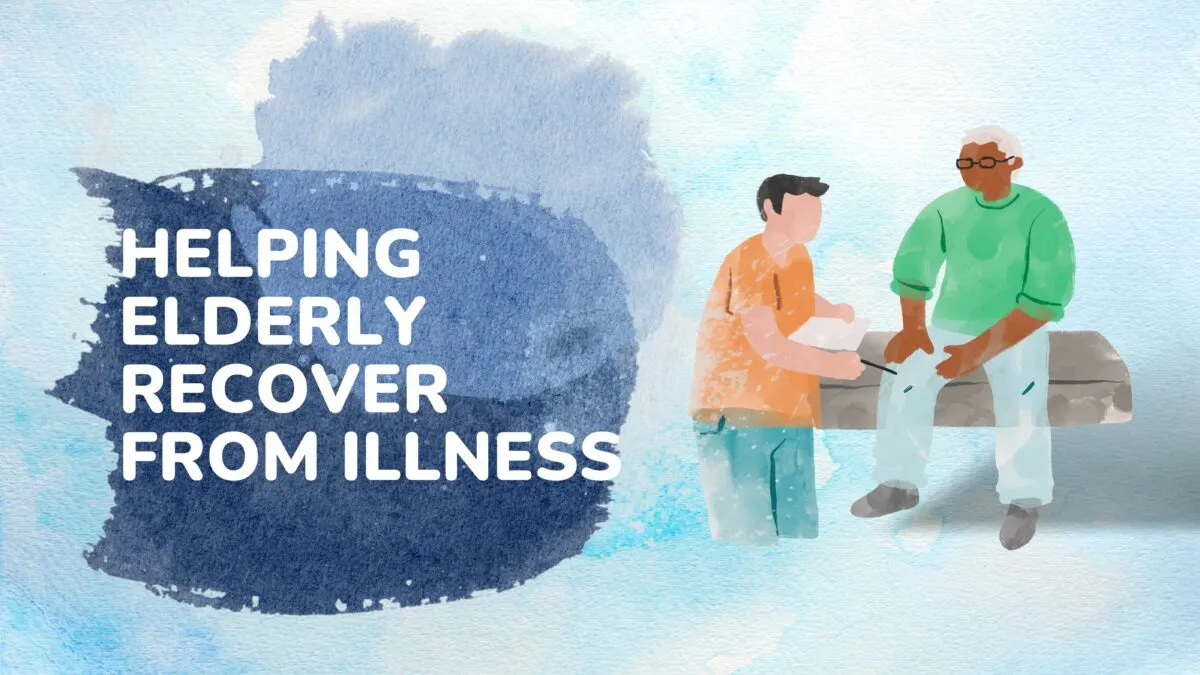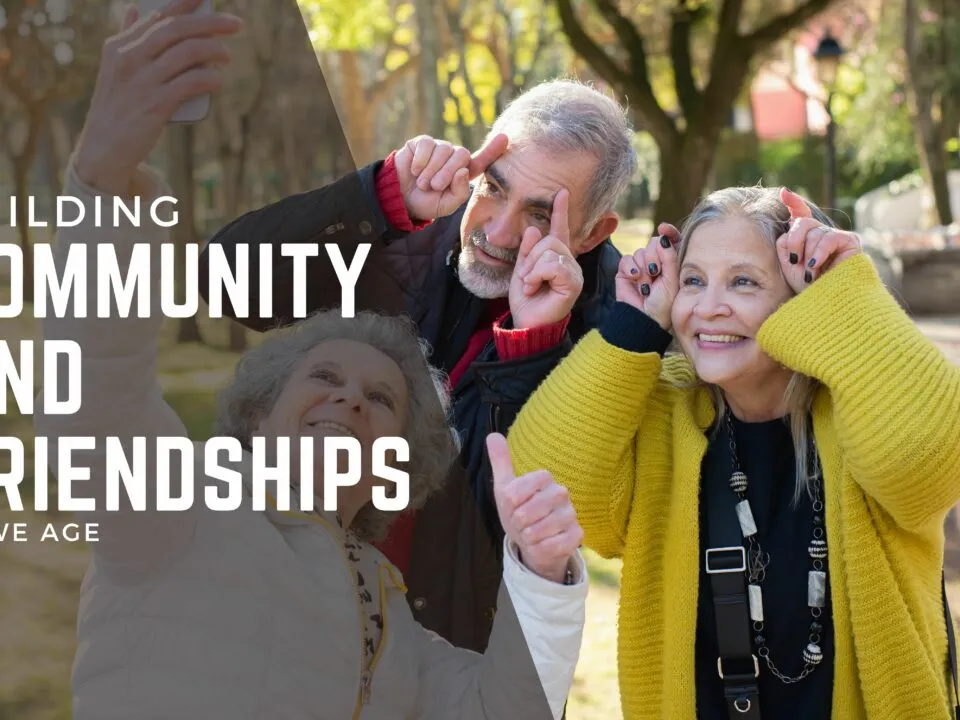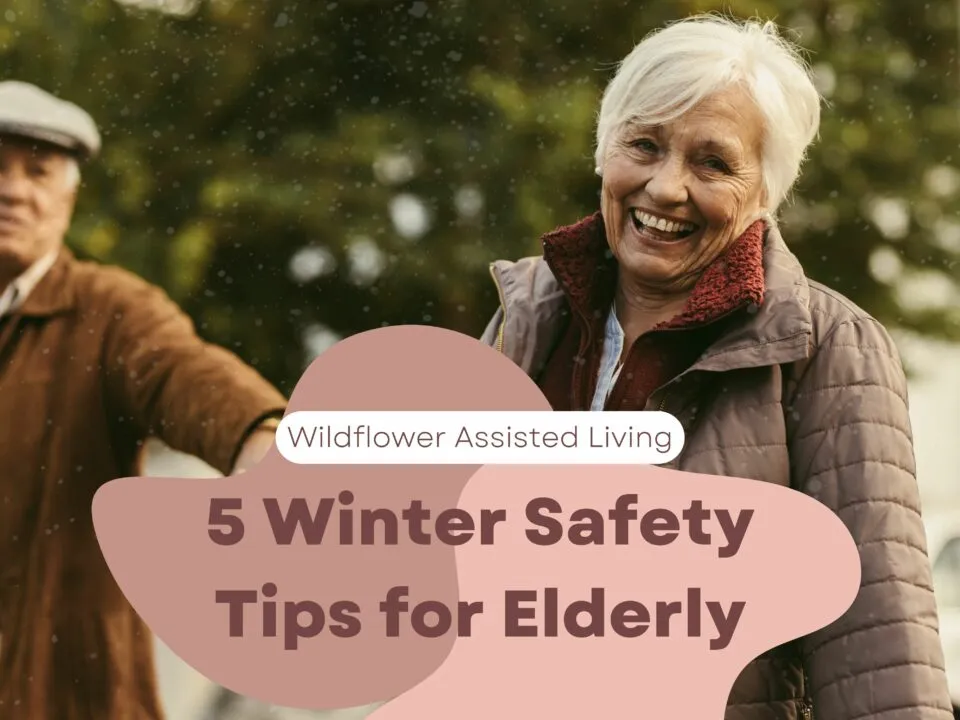
New Year’s Goals for Seniors
January 17, 2023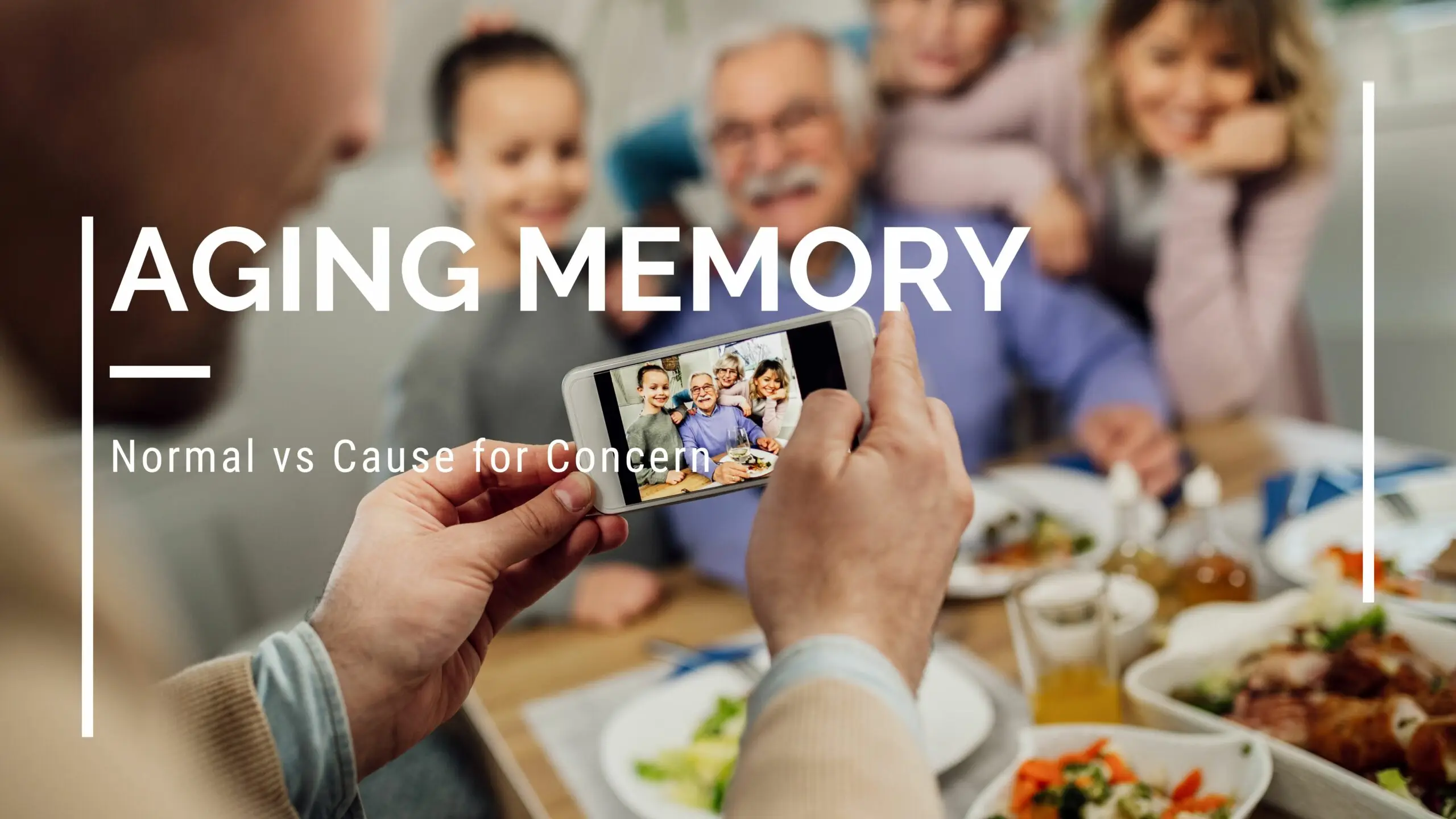
Aging Memory – Normal vs Cause for Concern
March 28, 2023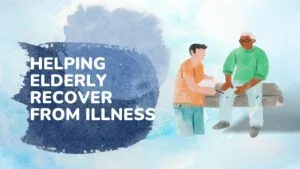
Covid-19 was a scary and viral pandemic that cost thousands their lives. Unfortunately, that didn’t make all the other sicknesses out there disappear. It’s important to take care of any loved one who is sick, but our elderly loved ones may need even greater care. They may not be able to take care of themselves or they may be at higher risk for greater damage from even simple sicknesses. You can do a couple of things to make this level of care much easier on you and them.
First, you need to take care of yourself. If you are intimately caring for a sick loved one, routinely exposing yourself to their sickness can make it so you’re both passing it to each other repeatedly. Ensure that you are getting the necessary amount of sleep every night and if possible, alternate between you and another caregiver such as a spouse, if they need care during the night. You also want to make sure that you are eating enough healthy food. Any nurse will tell you that it’s easy to turn to salty or sugary snacks or energy drinks to maintain the needed energy to care for another, but that doesn’t get you enough nutrition. So try to eat regular healthy meals, and drink enough water for your body. You’ll also want to stay clean. Take the time to shower, change clothes, and definitely brush your teeth. Considering the fact that you’ll be in close contact with another person who will also possibly need hygiene care, you need to be clean.

Second, take them to a doctor if needed. While to you it may seem like a simple case of the flu, or a cold, or even something like strep, to an elderly person, these sicknesses can escalate and cause severe damage to them. Pay attention to their energy levels and any decreases in their abilities to care for themselves, any indication that they’re getting worse may mean you take them to a doctor. It may be best to even take them to the doctor as soon as they get sick to get any medication that may help them recover faster. Taking them to the doctor at the beginning can also help you diagnose if it’s anything more severe or if they’re at risk for something. It’s okay to need help.
Third, make a plan and check with your loved one. A plan of care is a great way to know what is required of you during the time they’re recovering. It also helps them know what you’re going to be doing to help them. Having a plan can also help you both not be overwhelmed during care. This is also a great time to predict any problem with the plan. Is movement going to become an issue, is bodily waste going to be a problem, etc? When you address it early on it can be easier to agree on the solution.
Fourth, stick to the basics. Get the flu vaccine if you can, wash your hands often, sanitize your home and things you use when you’re sick, avoid touching your face, and stay home as much as you can. Some of these things can help you with prevention while others can help you while you’re sick to recover faster. When you are sick, you might try using a humidifier, sleeping slightly upright, and eating simple soups, and that can help you recover.
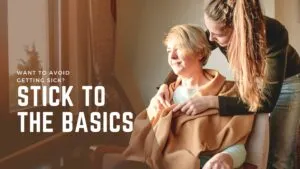
Getting sick is hard on your body and on your mind. When a loved one is sick not only is it hard on them but it’s hard on us. When an older loved one is sick it can become not only hard but scary as the risk for other issues is higher. When you are caring for an older loved one who’s sick, try following these tips to make it a little easier on you both.
Check out our socials!
Resources
https://www.healthinaging.org/tools-and-tips/caregiver-guide-helping-recovery-illness

